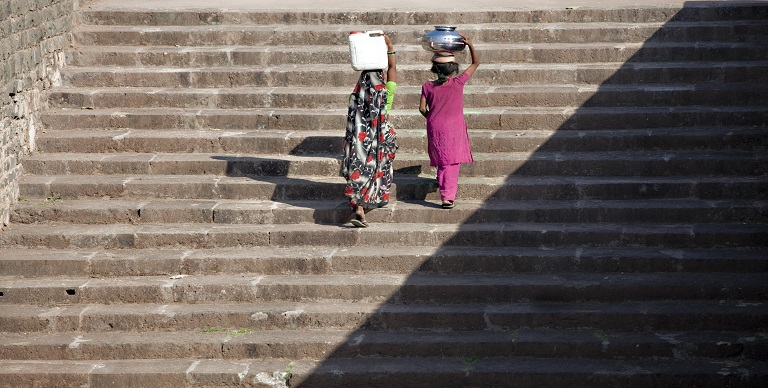Transforming sanitation sector in India: Making it attractive for capital and talent

Client: Toilet Board Coalition
Challenge
Finding ways to make Sanitation sector in India more attractive for investors, funders and talent
Outcome
A convening that helped identify call to action strategies for key stakeholders in the Sanitation Industry that would improve competitiveness of the sector
Approach
There is significant impetus being provided by the Indian government’s Swachch Bharat Abhiyan (SBA) campaign to make the country Open Defecation Free (ODF). However, the sector is unable to attract private capital and quality talent since it is perceived to be infrastructure heavy, low on revenues and in need of a long gestation period. To overcome these challenges and accelerate the ‘Sanitation Economy,’ there is a need to highlight its potential beyond construction of toilets and explore possibilities in – innovative and sustainable business models around technology, opportunities for digitization of health, and innovative waste management.
In partnership with the Toilet Board Coalition, Intellecap convened over 70 key stakeholders from India’s sanitation sector including Hindustan Unilever, Firmenich, Lixil and Novozymes; impact leaders like Tata Trust, NASSCOM Foundation, UNICEF, India Sanitation Coalition, and Samhita Social Ventures; and social enterprises like Saraplast, Blue Water Company, Tiger Toilets and GARV Toilets. Focus of the convening was to initiate discussions on making sanitation sector in India more attractive for private sector funding.
Through the discussion, 5 key insights emerged:
1. Cross sectorial partnerships: Participants unanimously expressed the need to make the sector more attractive by associating it with other sectors like agriculture, energy, health and financial inclusion. For example linking health insurance with sanitation is one opportunity.
2. Investors need to be convinced that sanitation is a service and not a scheme: Most private investors perceive the sector as a public scheme than a service with business potential.
3. Supply has not been able to create its own demand: Today, there are more toilets being created than are utilized. Though significant funding has been provided for building infrastructure, there is a great need to focus on behavior change.
4. Patient capital will have to be really patient: Implementing sanitation solutions is not a short term task. This demands patience from investors. It also requires flexibility in capital allocation. Different capital types and structures (debt, equity, grants, mezzanine, etc.) are needed across the value chain.
5. Capital, knowledge, networks and government need to come together to build the ecosystem: The sector as a whole will not attract attention and funding if everyone does their work in silos. To ensure that the sector attracts the right investment and talent, it is crucial for the ecosystem to work together and find what the missing pieces are.
To know more on the TBC Convening, please read the article here (http://www.intellecap.com/news-and-events/news/attracting-investment-and-talent-india%E2%80%99s-sanitation-sector-takeaways-mumbai-apr)




